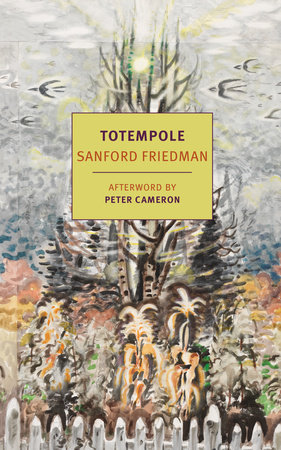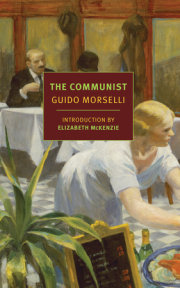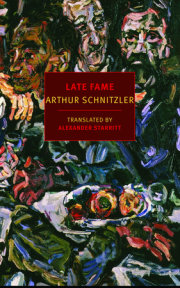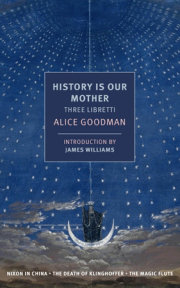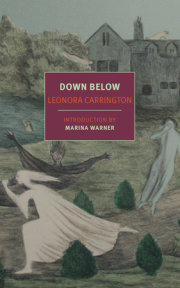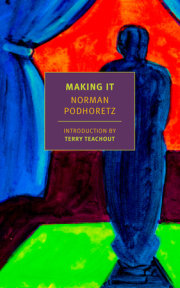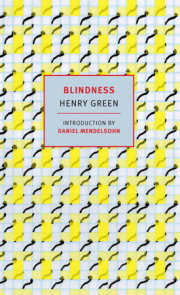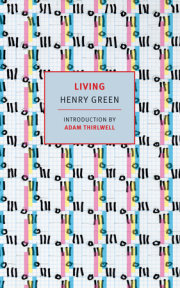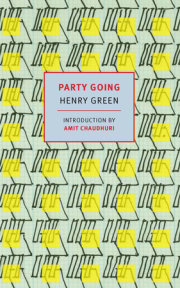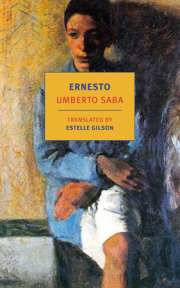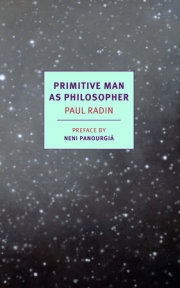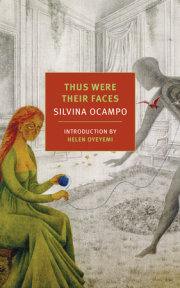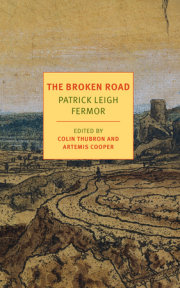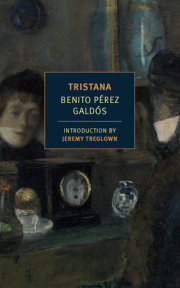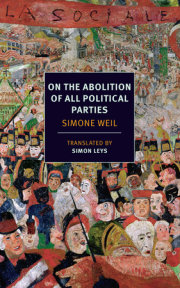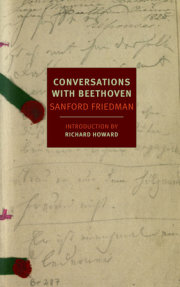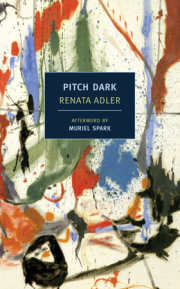“An extraordinary book, vivid and utterly convincing . . .The truth of Mr. Friedman’s book is not the truth of autobiography, but the truth-making that the best fiction is.” —James Dickey
“First the idylls of childhood and comedies of youth; then the slaughterhouse of history. The Korean War, that immense, unremembered mid-century event, found its unlikely but incomparable chronicler in Sanford Friedman, whose first novel, Totempole, was fearless about a young soldier’s homosexual awakening back when timidity and weak suggestion were the rule. Having barely achieved publication in 1965, Friedman’s great-hearted masterpiece was forgotten, recovered in the mid-eighties, then forgotten again. May it now be with us to stay.” —Benjamin Taylor, author of Naples Declared
“Friedman has the old-fashioned novelist’s eye—and ear—for character, speech, and setting. . . . Nowhere in recent fiction have the erotic sensations of childhood, boyhood, and youth been more scrupulously portrayed: This is no New Yorker–style evocation of lost innocence, but a hard-headed account of what the burden of sexual appetite actually feels like.” —Hilton Kramer
“It proves to be the most candid, and least pornographic, of studies of the genesis of a homosexual; paradoxically, by close concentration on the agonies of a young man searching for sexual fulfillment...This was a dangerous book to write...Its impact as a document of great honesty will, without doubt, be considerable.” —Anthony Burgess, The Listener
“I think Totempole an extraordinarily courageous and highly moral work. The author tells us exactly what it was like to be himself at a certain time and place and, uniquely, I believed him. Truth is rare; he seems to have it.” —Gore Vidal
“I do not know of any piece of fiction that deals more perceptively with preadolescent sex...Wholly honest...Friedman treats the homosexual theme, as he does the theme of infant sexuality, with great candor and no lubricity...There are episodes developed with unusual imaginative power.” —Granville Hicks, Saturday Review
“It stands nearly alone in its unblinking view, from the inside, of a homosexual man coming of age in post-WWII America. And much of it is far more universal than that.” —Tim Pfaff, The Bay Area Reporter





